Trang An World Cultural and Natural Heritage (Ninh Binh). (Photo: QUANG VINH)
Cultural heritage can be considered as living witnesses of history, the link between the past, present and future, and the core resource to affirm national identity. However, the work of preserving and promoting heritage values is revealing shortcomings that need to be adjusted promptly.
Heritage speaks out
Statistics from the Ministry of Culture, Sports and Tourism (2025) show that the country currently has more than 40,000 historical relics, of which nine are world heritages recognized by UNESCO. In addition, 15 intangible cultural heritages, such as Hue royal court music, Hung King worship, or Central Highlands gong cultural space, etc., have also been listed by UNESCO. Associate Professor, Dr. Bui Hoai Son emphasized: "Cultural heritage is not only a material asset but also a spiritual resource, the foundation for building a civilized and sustainable society."
Although Vietnam possesses a massive cultural heritage system, the current way of dealing with heritage is revealing many shortcomings. If not promptly adjusted, it will reduce the value of heritage, even pose serious challenges to the protection work, threatening the long-term existence of national cultural values.
Although Vietnam possesses a massive cultural heritage system, the current way of dealing with heritage is revealing many shortcomings. If not promptly adjusted, it will reduce the value of heritage, even pose serious challenges to the protection work, threatening the long-term existence of national cultural values. Currently, there is a lack of investment in material and human resources, especially in remote areas. Due to lack of funds for restoration and maintenance, many historical relics are seriously degraded.
In addition, many intangible cultural heritages, such as folk art forms of ethnic minorities, are gradually fading away due to the lack of people to teach and continue them, as well as the lack of financial support policies for restoration and preservation. A report from the Ministry of Culture, Sports and Tourism also pointed out that in the management of heritage, especially inter-provincial heritages, there is a situation of overlap and lack of synchronization, leading to difficulties in implementing protection plans. Typically, in the unreasonable allocation of budget and the lack of an effective coordination mechanism between the central and local levels, many relics and intangible heritages are forgotten, while resources are mainly focused on famous destinations.
Overexploitation of heritage for commercial purposes is also a worrying issue, damaging the authenticity and cultural value of heritage. In recent times, the organization of inappropriate events or the construction of structures that are out of harmony with the landscape at heritage destinations has reduced the sacredness and threatened the integrity of heritage. For example, a cave in Bai Tu Long Bay (Quang Ninh) welcomed thousands of people to have fun, eat, and organize teambuilding in early 2025, causing public concern and concern about the risk of "pollution" of heritage space.
Or recently, in May 2025, at the Hue Monuments Complex, a tourist crossed the security fence, brazenly sat on the Nguyen Dynasty throne - a national treasure of the Nguyen Dynasty located at Thai Hoa Palace and committed many offensive acts of vandalism. Not stopping there, this person also broke the armrest of the throne into many pieces, shocking and indignant visitors. The above incidents show that the management work at important relics is having shortcomings. Professor, Dr. Nguyen Chi Ben, former Director of the Vietnam National Institute of Culture and Arts shared: "Losing heritage means losing a part of the soul of the nation, which cannot be compensated by any material value".
Responsibility for today and tomorrow
Vietnam has laid the foundation for heritage conservation very early, demonstrated through landmark policies, reflecting a strategic vision in protecting and promoting the value of cultural heritage. Immediately after the country gained independence, on November 23, 1945, President Ho Chi Minh signed and issued Decree No. 65/SL, laying the first legal foundation for the protection of national cultural heritage, emphasizing that heritage conservation "is very necessary in the process of building Vietnam". At the same time, the Decree called on all people to participate in protecting traditional cultural values, from historical relics to customs and practices.
In 1987, Vietnam continued to affirm its international commitment by joining the 1972 UNESCO Convention on the Protection of World Cultural and Natural Heritage, marking an important turning point, bringing Vietnam into the international community in its efforts to preserve heritage, while creating opportunities to promote unique cultural values to the world. In 2001, the Law on Cultural Heritage was passed by the National Assembly, creating a strict legal corridor for the management, protection and promotion of heritage values. The law clearly defines the responsibilities of state agencies, organizations and individuals in heritage conservation, and provides measures to protect both tangible and intangible heritage.
By 2024, in response to the requirements of the new situation and the context of international integration, the Law on Cultural Heritage (amended) was promulgated, effective from July 1, 2025. The amended law strengthens the decentralization of responsibilities to localities, increases sanctions for acts of heritage infringement, and encourages community participation in conservation work.
Notably, the law emphasizes the role of digital technology in preserving and promoting heritage, such as building a digital database of relics and intangible heritage, and supporting artisans in transmitting traditional cultural values.
Although significant progress has been made, in order to protect and promote heritage values in a sustainable manner, Vietnam needs to perform well its immediate and long-term tasks.
Despite significant progress, in order to protect and promote heritage values sustainably, Vietnam needs to perform well its immediate and long-term tasks. First of all, it is necessary to increase investment in relic restoration and preservation of intangible heritage, especially in remote areas. Along with reasonable allocation from the state budget, there is also a need for a transparent monitoring mechanism to ensure that resources are used effectively. In addition, raising awareness of the community and visitors is an important factor in protecting heritage.
The recent unfortunate incident in the ancient capital of Hue shows the need for education and communication campaigns, from bringing knowledge about heritage into schools to organizing programs to raise public awareness. In addition, focusing on stricter management measures, such as increasing the number of tour guides, installing warning signs, and applying strict sanctions for violations.
At the same time, encourage local people to participate in heritage protection work, because they are the ones directly involved in cultural values. In particular, improving coordination between central and local agencies is an important factor for effective heritage management. For inter-provincial heritage, a clear coordination mechanism is needed, with the participation of international experts and organizations.
Mr. Michael Croft, UNESCO representative in Vietnam, commented: “Heritage protection requires a comprehensive approach, in which stakeholders must take responsibility to ensure the integrity of the heritage”. Cultural heritage is the soul of the nation, an irreplaceable asset and the foundation for the future. Deeply aware of this, all levels, sectors and the whole community need to join hands to protect the country’s heritage resources, for today and tomorrow.
(To be continued)
MESSAGE - NGOC LIEN
Source: https://nhandan.vn/bai-1-ung-xu-voi-di-san-post902113.html






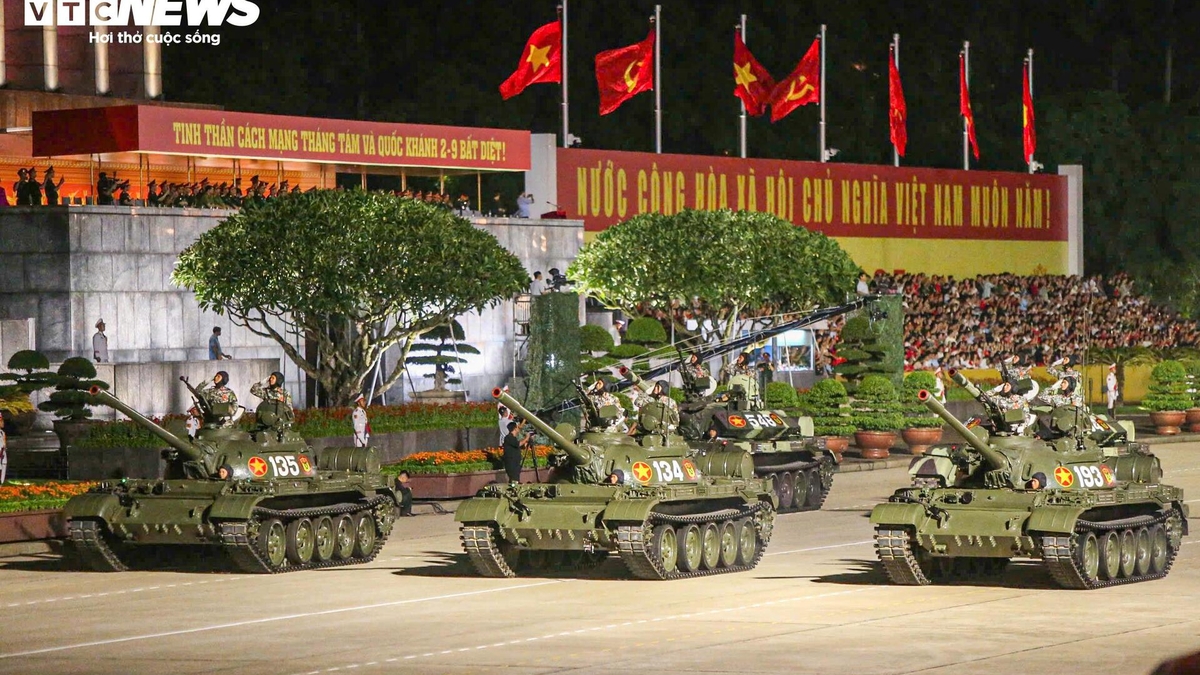











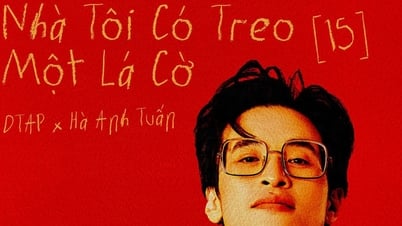







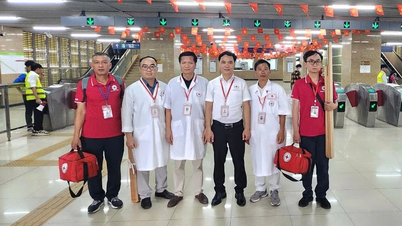
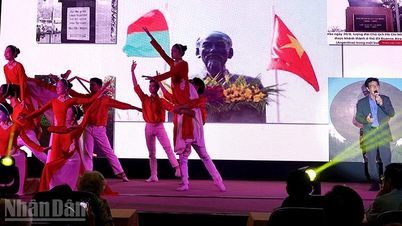
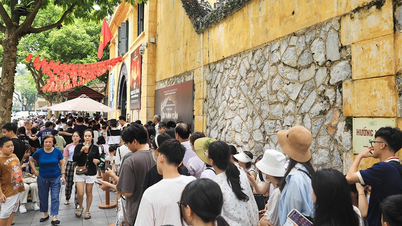

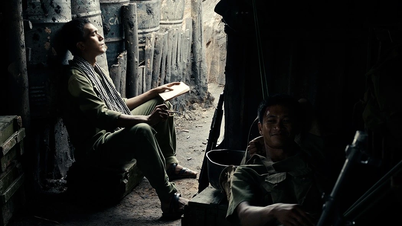




























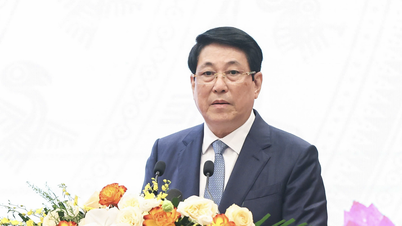







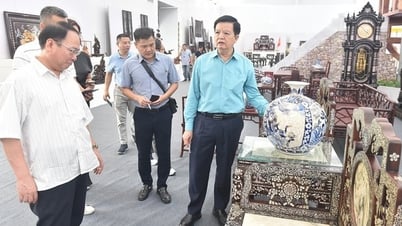








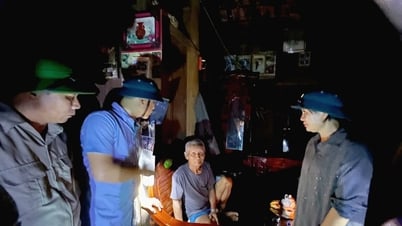

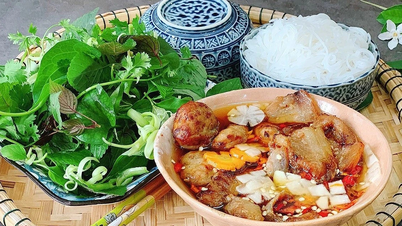

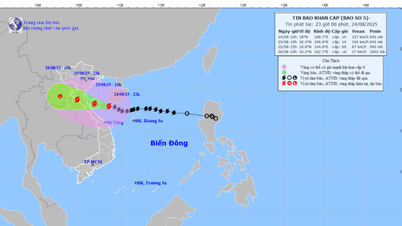
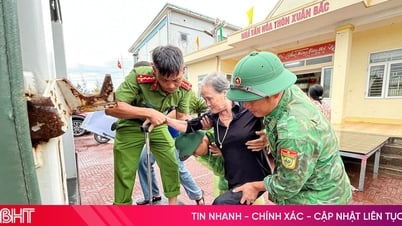



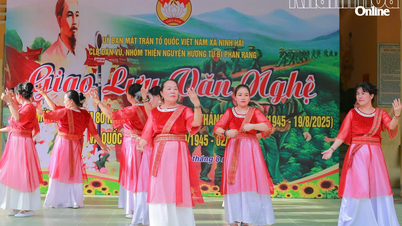
















Comment (0)